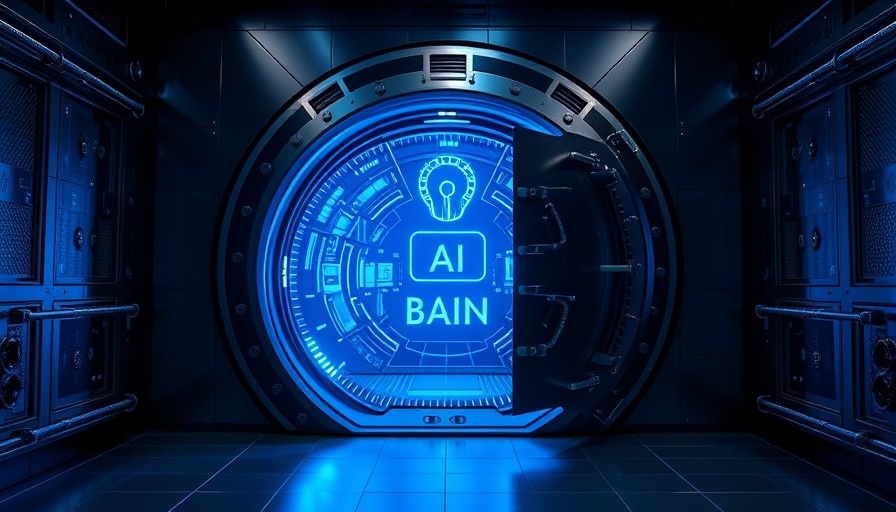
AI Stocks That Could Shape the Future of Investments
As we look towards the second half of 2025, the burgeoning realm of artificial intelligence (AI) presents a wealth of investment opportunities. Investors and tech enthusiasts alike are keenly watching AI stocks that could potentially soar due to their innovative capabilities and increasing market demand. The question many are asking now is: which AI stocks are truly poised for success?
A Promising Player in AI Growth
One company often highlighted is Company A, known for leveraging AI to revolutionize its offerings in sectors such as healthcare and marketing. With the integration of advanced machine learning algorithms and data analytics, Company A aims to enhance user experiences and operational efficiencies. This commitment to innovation is a significant factor in its stock performance, making it a stand-out choice for investors looking for growth in the technological sector.
Confidence in AI Transformations
Another notable mention is Company B, which has established itself as a leader in AI solutions for business processes. By employing AI to optimize supply chains and improve customer service interactions, Company B not only boosts its profitability but also addresses critical business needs with AI-driven insights. The increasing reliance on artificial intelligence by enterprises is a strong indicator of the stock's future rise.
The Influence of AI on Future Workforce
As emerging AI technologies reshape business landscapes, there's growing speculation about their impact on the workforce. Will AI create jobs or eliminate them? Experts suggest that while some positions may become obsolete, AI will also generate new opportunities, particularly in tech-focused roles. By understanding AI fundamentals, individuals can equip themselves for many future careers shaped by this digital transformation.
Understanding AI: A Necessity for Success
For those new to the world of artificial intelligence, it’s vital to grasp the basics. Concepts such as machine learning and deep learning are central to AI’s function. Platforms offering education on AI can serve as invaluable resources for beginners looking to broaden their understanding and harness the benefits of this technology.
Predictions for AI Stocks in 2025
With AI rapidly developing, analysts offer a blend of optimism and caution regarding stock market predictions in this sector. Insight into AI trends reveals potential for breakthroughs in 2025 that could further enhance stock performance. As advancements continue and AI capabilities expand, investors should stay informed about industry shifts and technological developments that could influence their portfolios.
Your Role in the AI Revolution
Embracing AI's potential is not just for investors but for everyone interested in the technology's applications. By learning AI basics and exploring how it can impact fields like healthcare, marketing, and operational efficiency, you can position yourself ahead of the curve in this transforming landscape. Get started with online AI tutorials or join community discussions to exchange insights and strategies.
Embrace the innovative future of AI. Stay informed and consider how you can leverage AI insights to enhance your personal or professional journey!
 Add Row
Add Row  Add
Add 




Write A Comment